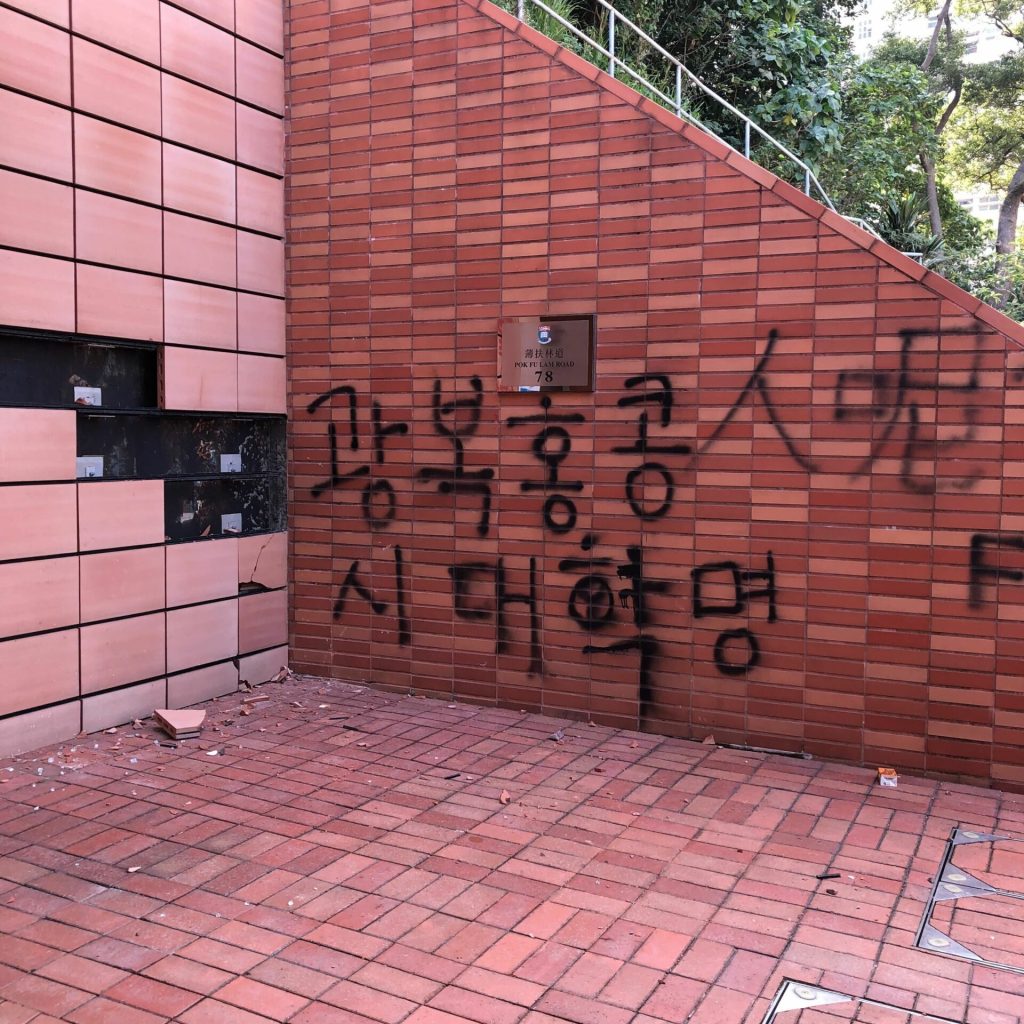
Joci Cho, Accountable Now Project Associate, draws upon her academic background and firsthand experiences to reflection the power of social movements.
Our society has witnessed countless social movements in the recent years that seek to challenge authoritarian regimes and fight for freedom. Take the Anti-Extradition Law Amendment Bill (Anti-ELAB) protests for example, which I personally experienced. Millions of people occupied the streets of Hong Kong, it made a hot topic on international news, and yet things did not quite go as planned. Many would “judge” the movement as a “failure”, as the requirements from the participants weren’t met. Instead of a big success (as in tangible institutional changes etc.), what we faced were heavier restrictions by the Chinese government. However, how do we actually measure the success or failure of social movements? And more importantly, what can we, as civil society organizations and more institutionalised actors, do to help?

These questions lead us to examine a few critical factors while analyzing the complexities of social movements under authoritarian regimes: the importance of accurately measuring the success of such movements, and the necessity of a strong and stable alliance.
I got to learn about the Political Opportunity Structure theory (POS theory) while writing my thesis on how to measure social movement success. The POS theory offers several factors to predict the success of a movement. Although different scholars suggest diverse factors, my thesis concentrated on three, of which included “the availability and strategic posture of potential alliance partners” originally suggested by Kriesi. By implementing the POS theory into the case of Hong Kong, it is arguable to say that the Anti-ELAB movement was predicted to be a disappointment, as the theory suggests that the scene requires the correct political opportunities, in this case political alliance partners, for social movements to succeed.
Hong Kong unfortunately was unable to secure such allies. International civil society organizations and Non-governmental Organizations (NGOs) that had long operated in the city found themselves under mounting pressure from Beijing. As the Chinese government tightened controls through various measures and restrictions to restrain CSO operations, discouraged international organizations decided to close offices and leave the city. Other potential allies were unfortunately barred from entering at the airport. For instance, the same article describes the director of Human Rights Watch, an international human rights NGO, forcibly returned to the US due to an unexplained “immigration problem”. When Human Rights Watch was later accused of engaging in “radical violent crimes”, the message became clear. Witnessing these incidents, other allies were reluctant to actively express solidarity for Hong Kong democracy as it threatened their own survival.
Hong Kong’s Anti-ELAB movement is just an example of the many social movements happening around the world. As CSOs, it’s about time we think about what and how we can provide meaningful support to those fighting for their rights. The evolving forms of recent protests demand a fundamental shift from the traditional forms of support. For instance, the current situation requires a new way of thinking away from the traditional forms of support. While more people are becoming awake and realizing the need to speak up for themselves, governments at the same time are also becoming wiser, learning from each other, and coming up with new ways to restrain public voices. We need to take into consideration the recent changes in social movement trends such as the increase in decentralized events and the use of social media. It is now common to see protests without an identifiable leader to increase participation and adaptability, and prevent authorities from targeting an individual for shutdown. Other grassroot movements also actively use social media such as Facebook and Telegram to avoid government detection, and to disseminate information rapidly.
Although providing support is crucial, CSOs must also recognize when to step back and allow the grassroots movements to take the lead. At the end of the day, it is the protestors that are driving the main force for change, with CSOs serving as their partners, and supporters. A true allyship should be able to strengthen local voices rather than overshadow them. Hence to find the right balance, we need to develop new tools and resources to empower the movements while respecting their autonomy and expertise on the ground. We as CSOs need to analyze the current state, listen to the voices, to find the gaps and what can be done to improve this alliance.
This balanced approach requires concrete actions and innovative solutions. For instance, we need to search for new funding mechanisms to work around government pressure. This could include developing flexible funding models, and multi-donor funds. Other practical actions may be to offer support in strategic coalition-building. As the middle bridge, CSO can connect movements to potential allies to enhance efficiency, or provide space for movements to share their experiences and knowledge.
As the way of working changes, new challenges will arise. To address these new obstacles, Accountable Now is collaborating with Humanity United to create a new participatory multi-donor funding program to provide help to nonviolent social movements. This new project, called the Collective Action Assistant Fund (CAAF) will enhance the ability of donors to ensure the assistance reaches its grantees, and also hold us accountable for our work. Through CAAF, we seek to reinvestigate what meaningful allyship looks like under challenging political circumstances.





Joci took these photos during anti-ELAB protests at Hong Kong University. She notes: “Witnessing the power of youth: willing to sacrifice their education for the hope of their nation’s future.“